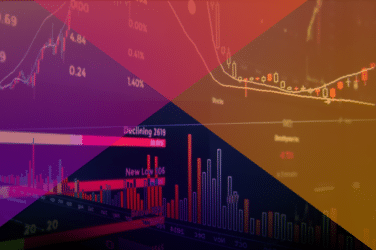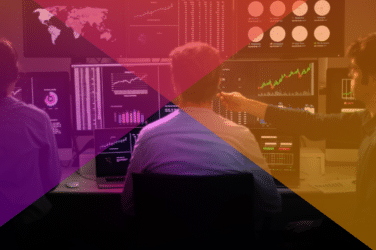

The launch of a new block trading venue following regulatory reform could make the Brazilian equity market more attractive to foreign institutions and also develop the local market by lowering the cost of trading, which benefits end investors.
The Brazilian Securities Commission has recently announced that it will allow block trading. As a result Plato Partnership, the not-for-profit industry group representing asset managers and broker dealers which aims to improve market structure and achieve better results for end investors, and SL Tools, a regulated Brazilian fintech, announced in August that they plan to launch an electronic block trading venue in Brazil, subject to obtaining the necessary regulatory approvals.
Andre Duvivier, chief executive of SL Tools, told Markets Media that SL Tools was launched to become the first company to become a licensed exchange in Brazil. He put this in the context of B3, the operator of the Brazilian stock exchange, being formed from a series of consolidations but having its initial licence granted about 130 years ago.
In Brazil local regulations historically required an open auction process when trying to execute a large position, leading to information leakage, market impact, wide spreads and even traders being shut out of their own auctions.
Duvivier said that over the past three years the Brazilian regulator has been pushing to reform the market, including through the introduction of block trading.
“Brazil’s auction is a problem that SL Tools always wanted to solve by providing another tool to make sure there is no information leakage and to trade large blocks on a continuous basis,” he added.
The fintech began discussions with Plato Partnership about two years ago as Duvivier said that teaming up with a consortium has proven to be the correct way to launch a marketplace.
“Gathering the buy side and sell side together is the right recipe and we do not need to reinvent the wheel,” said Duvivier.
In 2016 Turquoise Plato was created to bring the buy side, sell side and a trading venue together for the first time in a formal agreement in order to increase efficiencies and reduce costs in anonymous European equity block trading. Turquoise, the London Stock Exchange Group’s multilateral trading facility, rebranded its dark trading venue as Turquoise Plato and the two partners agreed to jointly promote the service and co-develop anonymous European equity block trading services. By the time of Turquoise Plato’s fifth anniversary, more than €1.3 trillion of equities have been traded on the platform.
Mike Bellaro, chief executive of Plato Partnership, said Brazil has the market characteristics for blocks to be relevant and add value. For example, the average trade size is small and there are high implementation costs, with some spreads of around 3%.
“Brazil is the perfect storm of bringing block solutions with the global reach of Plato and the local expertise of SL Tools,” added Bellaro. “Block trading will add significant value to the end investor, help the implementation process and potentially create an environment where foreign institutions see a more attractive opportunity for investment.”
Bellaro highlighted that Brazil is one of the largest 20 markets by capitalization and has grown significantly in the last six years. He added that 73.7% of the market is represented by institutional flow with 27% from Brazilian institutions and the remainder from overseas.
In addition, the Brazilian mutual fund industry was $40bn in 1991 but has grown to $1.5 trillion according to Duvivier.
“The trading protocol has remained the same but the fund industry has grown 40 times,” Duvivier added. “Institutional investors did not have the development of tools for their trading needs, which block trading is solving.”
Duvivier highlighted that block trading will not only create convergence of protocols with global developed markets, but will also be important for the local market. For example, Brazilian companies have chosen to list in the US markets where markets are more liquid.
“The combination of a market that already has depth and a new protocol for large institutions is not a story about transferring business from one place to the other, I think it’s more of a multiplier,” Duvivier added.
Brazil is also the largest Latin American equity market so he believes it will also be a good starting point for the protocol to be used in other countries in the region.
Plato Partnership and SL Tools are forming a working group of diverse market participants to discuss what the model should look like, how it should work, and how they want to interact with the venue.
“Cooperation throughout the ecosystem has always been our approach and is the secret sauce to success from our perspective,” added Bellario. “Local institutions need to understand what we are doing, why we are doing it and why it is important, which is why having Andre on the ground and making sure that intellectual capital comes from Brazilian locals is critical.”
The block trading venue is slated to launch in the first quarter of 2024, dependent on regulatory approval. Duvivier believes the partnership’s first mover advantage will remain for some time.
“Turquoise Plato had a very successful trajectory in terms of developing volume which could be repeated in Brazil as there is pent-up demand for block trading,” Duvivier added. “It is also an important product for market development.”







